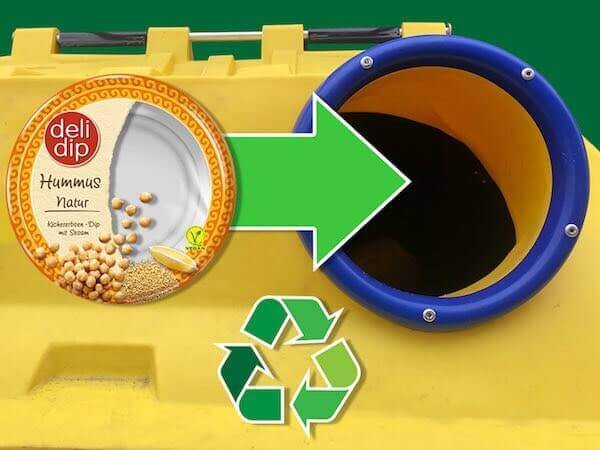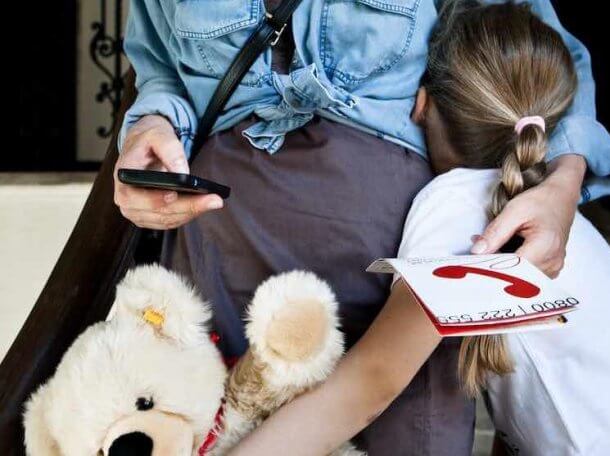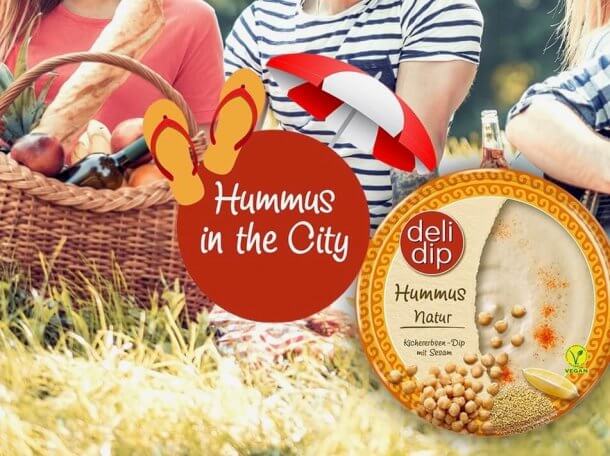Our ecological footprint is as important to us as making great tasting hummus. It starts with the production and ends with packaging and recycling.
When it comes to packaging, there is currently a major rethinking. The trend is to move away from plastic toward paper, glass and alternative packaging materials. But what packaging has the smallest ecological footprint?
If you want to answer this question, you have to consider the whole production process. There are many factors involved in calculating the ecological footprint. This includes the quantitative use of resources, CO2 emissions during production, transport routes, the weight of the packaging, the reusability of the packaging and whether or not there are recycling systems.
Why does deli dip come in 100% recyclable plastic packaging?
The main reason is that food products like hummus needs to comply with strict hygiene rules. It must be ensured that no germs find their way into the package. Therefore, the packaging has to be securely closed. In this case the thinnest 100% recyclable plastic film without artificial colours is the best solution for our deli dip hummus.
Another solution could be glass. However, glass requires a lot of energy to produce and, due to its high weight, it’s transport is not very CO2-friendly. Of course, organic raw packaging materials such as as sugar cane or corn starch exist. The problem is that in the production process of these new materials, valuable arable land is lost. Paper packaging is neither a solution for our hummus, because it does not offer sufficient protection.
Keeping all these factors in mind, we decided to use 100% recyclable plastic packaging. With our only 8 gram cup we save resources. Due to Austria’s successful national recycling system, all of our packs can be recycled.
Approx. 20% of our packaging is made from “Recyclate“
The material “Recyclate” is recycled plastic waste from the packaging production that is reintegrated into the production cycle.
Constant improvement of our ecological footprint
As a company, we are part of the ARA program. This program aims at building a closed circle economy in Austria. With deli dip we already accomplished this mission. Our packs can be disposed of in the yellow bin or garbage bag all over Austria. Please remember that the pack should be completely empty before you throw it away.
Of course, we continue to observe all innovations in packaging materials, and are constantly striving to reduce our ecological footprint.
About the author: Fanny Schreiber has two children. She develops the recipes for deli dip herself in her kitchen. Fanny is one of the co-founders and managing director of deli dip.





